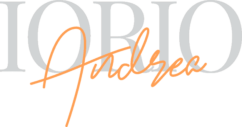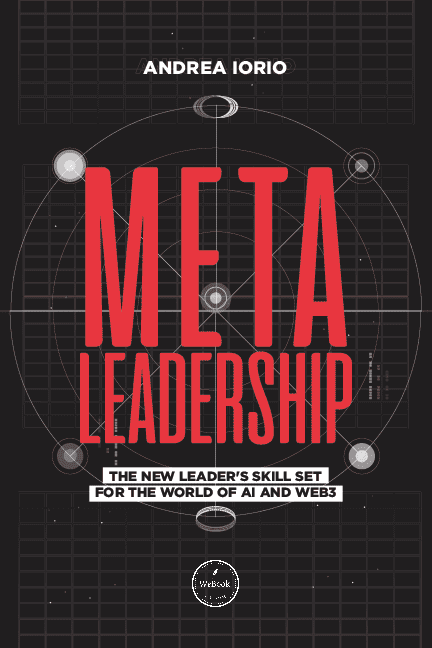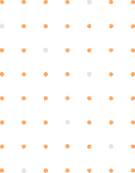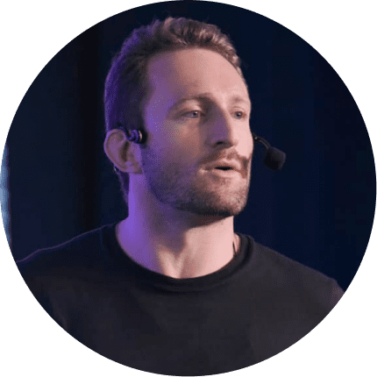If you are familiar with soccer, you definitely know the Barcelona soccer team from Spain, which has been one of the most dominant in the recent history of the game - with stars such as Lionel Messi, Neymar (who used to play for the team) and more. One thing that is unique about them is that, unlike every other team in the league, they aren't owned by one single person but by its fans.
Technically they are owned by a corporation with approximately 361,300 stockholders, who collectively own 5,011,558 shares of stock, according to Wikipedia.
Shareholders are granted voting rights, an invitation to the corporation's annual meeting, and an opportunity to purchase exclusive shareholder-only merchandise. That means, while shareholders don't actually manage the daily operations of the teams (because that would be a freaking mess), they can actually vote for the team's board of directors and executive committee.
There are mechanisms to prevent one person from buying all the shares and taking over ownership of the team so no one can hold more than 200,000 shares, representing roughly 4% of the total.
It may seem odd for a "normie," but for someone who is familiar with cooperativism, would likely associate it with the same type of governance that Cooperatives have. If you’re into Crypto and Web 3.0, well, this situation is very similar to Decentralized Autonomous Organizations or DAOs. To better understand how this works, and what leaders can learn from DAOs in terms of organizational structures, let’s dive deep into the core of this article.
I was recently researching and studying DAOs, and I stumbled across a great final paper published by Thilo HUllman, a student from Otto Von Bisheim University in Germany, that is coincidentally located in Vallendar, the small town where my mom grew up, called “ Are Decentralized Autonomous Organizations the future of Corporate governance?”.
His paper gets to very interesting results: case studies of existing DAOs show that the technology might not be mature yet but it has the potential to solve a number of governance issues in the future. On the one hand, common agency problems like adverse selection, moral hazard and hidden action could be eliminated in DAOs – at least in theory. On the other hand, using DAOs in practice remains complicated for inexperienced actors. Projects like DAOstack and Aragon.one try to simplify the processes of setting up efficient DAOs but they are still in early stages of development. Additionally, the quantitative research indicates that companies that share the governance features of DAOs perform better in the market. Corporate leaders of existing companies have at least two options of adopting DAO principles in practice. They could either try to shift the company towards more transparent, collaborative and less political governance structures, thus becoming more “DAO- like” or they could set up a new DAO that acts as an independent vehicle for example in the corporate venturing space. The only mistake large corporations should not make is to ignore DLTs because the threat that DAOs, which eliminate middlemen and trusted third parties, could disrupt whole markets is real.
I want to start off by focusing on the agency problem, which is one of the most pressing for leaders, namely the conflict in priorities between the owner of an asset and the person to whom control of the asset has been delegated. The most relatable principal-agent relationship in investing is that of shareholders(principal) and managers(agent). The investors depend on the managers to carry out suitable strategies to act in benefit of their best interests, that is for the stocks to increase in price. If the managers have no incentive for the stock prices to increase, they could act in a way that is inconsistent with the shareholder's best interests.
Now, when we analyze legacy company structures, we can identify: - Top-down organizational structure including many layers of management and processes, and Employment contracts that dictate relationship with the organization. Salaries act as an incentive for performance.
With DAOs, though, One governing law which is the smart contract regulates the behaviour of all network participants. Once the protocol is deployed, it is independent of its creator and can be governed only by a predefined majority of network participants. And tokens act as an incentive for network validators. DAOs could provide a new win-win equalization for each player in an innovative organization with regard to its rules of operation. Thus conventional names such as: shareholder, officer, director, customer, supplier .... and structure related to vanish for the status of contractor. Each takes the place of the other depending on the nature of smart contract and the ecosystem is changing permanently. The roles are not irremovable but instead always questioned.
Besides this, overall, how can DAOs benefit us?
Because of their unique structure, DAOs offer the promise of enabling a focus on community, rather than just profit, and might offer a more socially-conscious structure; one designed to help individuals everywhere prosper instead of focusing only on the desires of a few large shareholders. This could have ramifications not only for businesses, but also in terms of how we address the causes that are important to us today as a society.
While DAOs are not without their own challenges, they have the potential to improve upon a style of corporate organization that hasn’t meaningfully changed in hundreds of years. In fact, most US corporations today are structured in essentially the same way as they were in the 1600s: companies accept investor funds in exchange for the responsibility of maximizing shareholder value as their primary (and sometimes only) mission.
When blockchain technologies and cryptocurrencies were being developed, their creators focused on the potential benefits of transparency and decentralized cooperation. Those aspects were critical to ensuring that a certain level of independence and neutrality was maintained, and that the interests of the whole group were prioritized, rather than just those of a small group of powerful interests. The format also helped prevent manipulation and allowed for actions to be taken in real time, rather than at the slower pace of traditional business.
But if you can run a global financial platform through a collective, why not an organization? The prospect is both interesting and innovative; and much like blockchain and decentralized systems, the notion of a decentralized independent organization can help us re-think how we organize ourselves to better enable impactful results.
We have watched, benefitted from, and even participated in shared economy platforms since 1995 with eBay, and more recently ride-sharing and hosting with Uber, Lyft and Airbnb. These services activate individuals to sell, drive and host, but these relationships with the buyers, riders and guests are mediated: centralized through a platform host that is only somewhat responsible (see section 230 of Title 47 of the United States Code), yet happy to extract substantial profits for the benefit of connecting this two-sided market. And worse, even manipulating an opaque platform to maximize profits for shareholders who are different from the sellers, buyers, drivers, riders, hosts and guests who make the connected commerce experience happen.
It is possible to have a rich, connected experience without a central operator: enabling markets to set pricing and quality, and enabling the participants whose labour and choices support the experience to profit directly. This is one benefit of a DAO.
Truth is, though, that DAOs still face a number of hurdles: DAOs are, in many ways, uncharted territory. And realizing their potential benefits in the real world will require overcoming some significant hurdles. But the motivation to organize companies differently exists, and the potential benefits are undeniable. By considering these new structures now rather than simply taking a wait-and-see attitude, we will start making our businesses reflect the full range of desires of the people involved, rather than just making money for a select group.
With so many pressing societal needs that need to be addressed sooner rather than later, now is the time to start heeding the call to organize differently. If we embrace this innovation and put the legal structures in place that will make it viable, we can use this game-changing technology to evolve an arcane system that isn’t serving everyone’s needs into a new system that will be able to do that.









